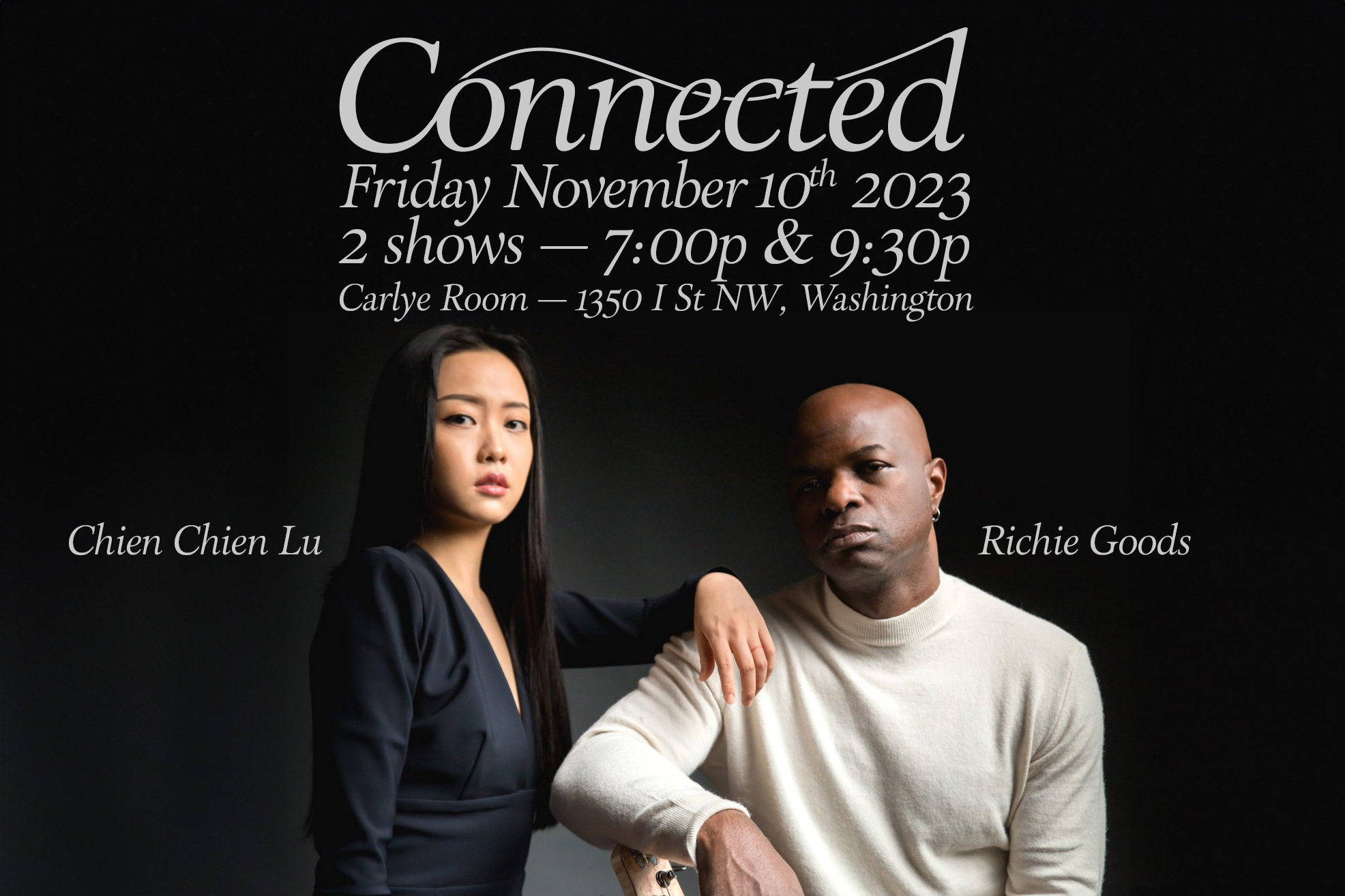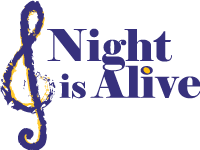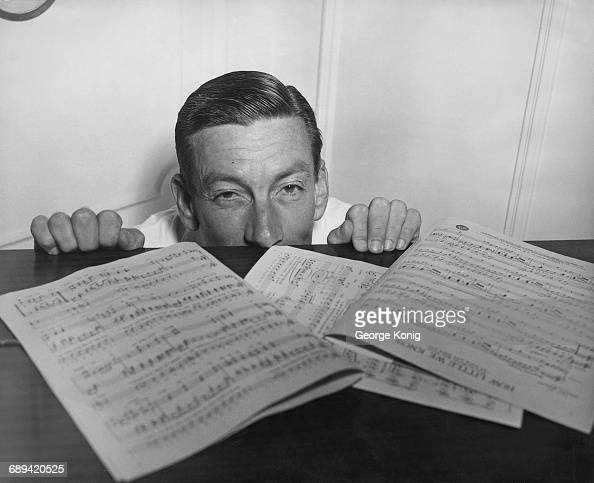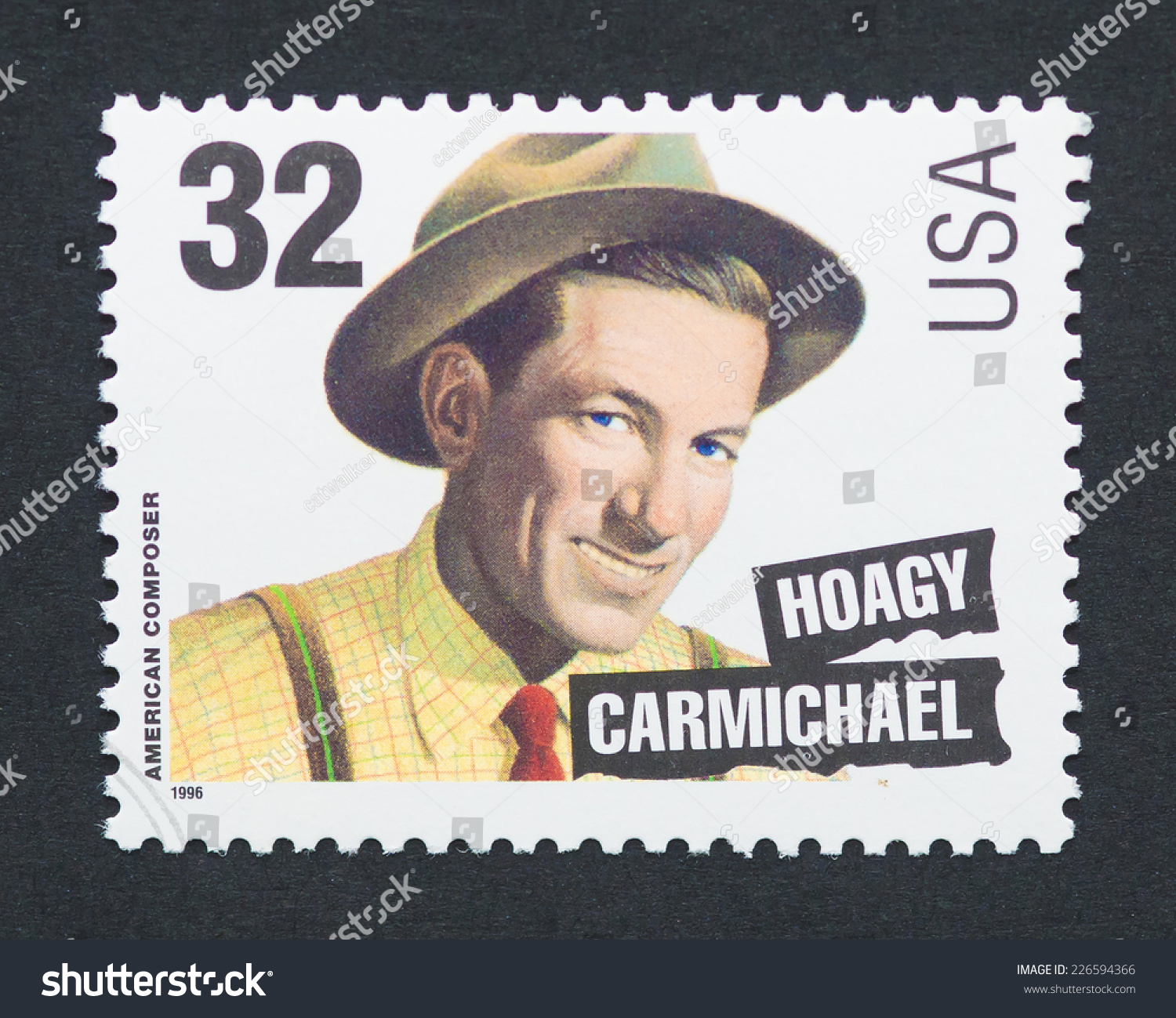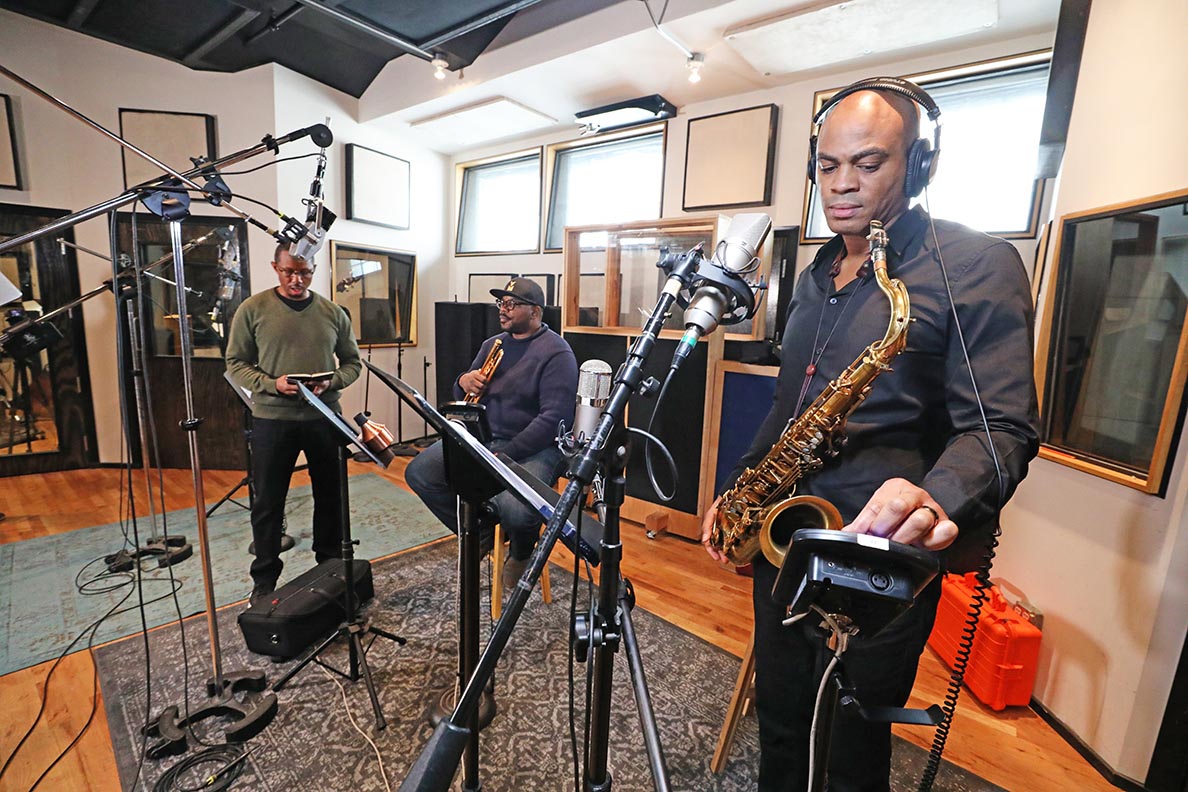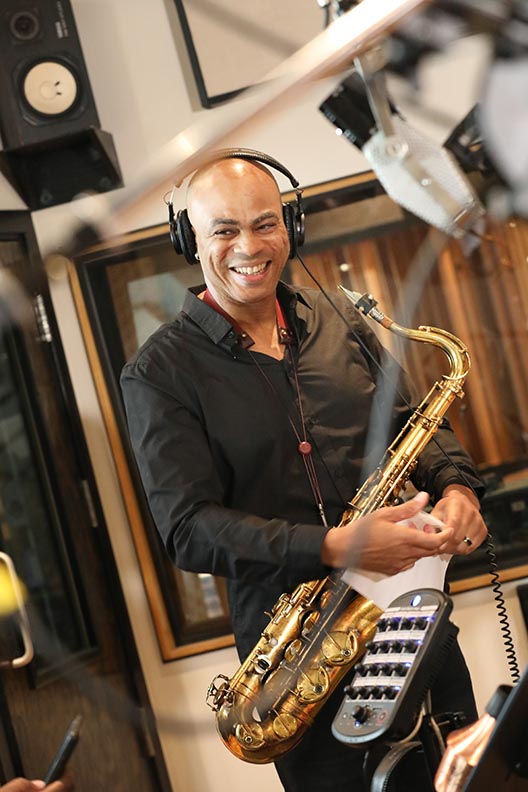Ah, nothing beats the bliss of a Friday afternoon, right? And to improve your good mood even more, we have a new Q&A series with the Grammy-Award-winning tenor saxophonist Wayne Escoffery!
Escoffery has experience front lining, around the world, in Tom Harrell’s working quintet, as well as being a member of The Mingus Dynasty, Big Band and Orchestra, and teaching jazz improvisation at the Yale School of Music.
And now we’re lucky enough at Night Is Alive to have Wayne Escoffery featured in our albums My Ship and Old New Borrowed & Blue. And with Christmas being just around the corner, be sure to be on the lookout for our upcoming album, Christmas Ain’t Like It Use To Be, featuring Wayne Escoffery!
So, without further ado, let’s get to know this remarkable musician!
JK: Was music a big part of your household when you were growing up?
WE: Well, my mother was an avid listener of classical music and old school R&B music. But she was not a jazz listener. I basically grew up with my mother, but for the first few years of my life when my father was in the house he did listen to and play reggae music. He was an amateur reggae guitarist. So, there was exposure to that from a very early age, but for most of my childhood, it was with my mother, and she was a big fan of classical and R&B music. She would have it on casually in the house as background music. Music was always playing but it was never something that was discussed much or was a huge part of our lives.
JK: Do you have a most beloved song from your childhood?
WE: Not in particular. But for sure, I myself was always a big fan of the young Michael Jackson and the Jackson 5. My mother played that a lot. And also, choral music, she played a lot of choral music. So, no specific song, just certain artists, like Michael Jackson—he’s definitely one that resonated with me and all the artists surrounding him. You know, Motown era music.
JK: Yeah, definitely great music! So, I saw that at age 11 you joined the New Haven Trinity Boys Choir and began taking saxophone lessons.
WE: Yeah, the boys’ choir was really my first formal introduction into music, so really, I consider the voice my first instrument. And yes, after that, at around 11, I started playing the tenor saxophone actually, which is somewhat unusual as a lot of older players start playing the clarinet or alto saxophone first.
JK: What inspired you to join the choir?
WE: Well, two-fold—my mother’s love for choral and classical musical and also, growing up in New Haven, Connecticut. New Haven is a very diverse place and while there are a lot of areas that are well-to-do, there is also a lot of poverty, so there were lots of areas, things ad environments that my mother wanted me to stay away from. She was definitely big on keeping me busy. When the director of the New Haven Boys’ Choir visited our elementary school looking for choir boys, he saw some talent in me and my mom right away suggested I join the boys’ choir. It was a pretty serious organization, so that pretty much kept me busy at least three days of the week.
JK: Hmm I see. Clever of your mom! And then you started playing the saxophone.
WE: Yeah, I would basically go to choir practice with saxophone in hand and before or after choir I would have saxophone practice. Not necessarily playing jazz music, just band music.
If you’re looking for some more Wayne Escoffery, check out our albums My Ship and Old New Borrowed & Blue, both of which are available in our store and on all major music platfor
